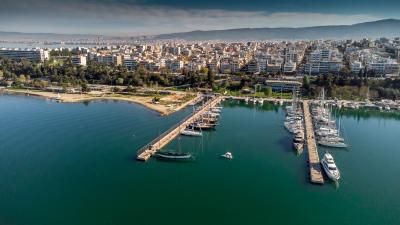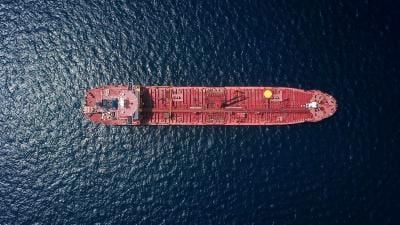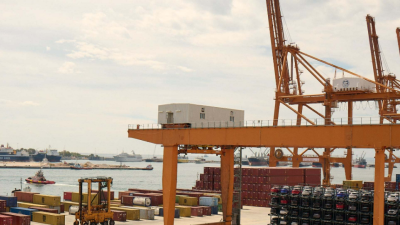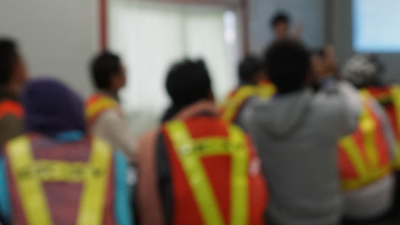The region’s shipping community is increasingly aware of the need to cut emissions and is taking steps towards decarbonization. While progress is uneven, responses from shipping companies, ports, suppliers, and civil society point to both growing awareness and readiness to act, particularly in relation to skills, safety, infrastructure, and alternative fuels.
These are the findings of Wave 1 of the large-scale METAVASEA survey, conducted between June and November 2024 prior to the adoption of the IMO Net-Zero Framework at MEPC 83.
It is worth noting that citizens believe that shipping emissions account for between 50–70% of total greenhouse gas (GHG) emissions, while they are approximately 3%.
In total, 898 responses were collected from across the maritime community, including shipping companies, seafarers, ports, suppliers, and civil society.





